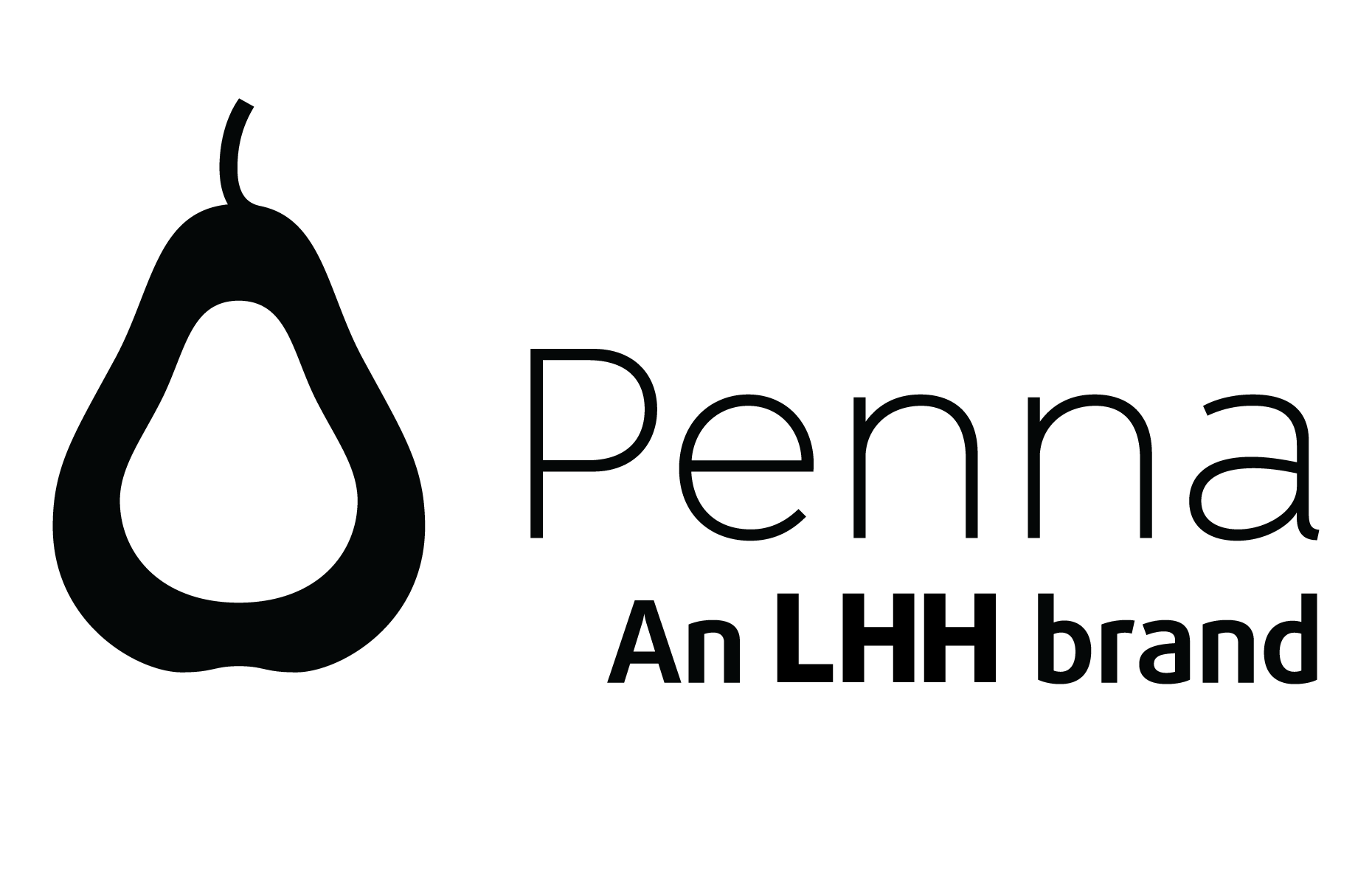We’re kick-starting Early Careers Month at Penna to celebrate those starting out – the apprentices, the graduates, and the school leavers. Young people always bring something new to the table: they think differently and push businesses to do things with simplicity, smartness, and sustainability.
For early careers month, our D&I Lead, Alexis Curtis-Harris speaks to two Penna family members just starting their careers; Jessika Dawar (Research Assistant: Marketing and Bids) and Leah James (Marketing Intern).
Hello Jessika and Leah, tell us about what you do at Penna, and what you were doing before you joined?
Jessika Dawar: Hi, I’m the new Research Assistant in Marketing and Bids at Penna. Before joining, I finished my master’s degree (MSc) in International Relations at The London School of Economics and Political Science. Before that I gained a bachelor’s degree in Political Science from New Delhi, India. I was also interning at a think tank in their Gender Equality mandate for six months until May. As well as working at Penna, I am working pro-bono for an online media platform called Polis Analysis as their South Asian analyst – so there’s a lot going on in life at the moment!
Leah James: Hello! I’m the new Marketing Intern at Penna. Before joining the company, I had been working as a Sales Assistant for the Austrian Crystal company Swarovski; my first job ever. I studied Psychology with Forensic Psychology (BSc) at Goldsmiths University, London. My degree took me into researching a range of topics – i.e., Police Eye-witness reliability, Sleep and Neurological studies.
It’s interesting to have you both on-board; your versatility will add a lot of value to our team at Penna. Can you give us your reflections on beginning a career – for instance, how was your job search?
Jessika: At first, I was nervous, and the pandemic made it all the more overwhelming. But with time, I got accustomed to the job application process. I applied for a variety of roles in my domain – mostly, policy and market research-based jobs, and got a decent number of interview calls. However, not hearing back at all from some of my dream companies was very disheartening because one expects a reply, even if it’s a rejection letter.
Leah: Initially applying for jobs was nerve-wracking, with Covid putting a strain on employment. Whenever I approached a job, I would always be anxious that I wouldn’t get a reply because I wasn’t be good enough. This was made worse by the fact that I would apply for a job and 300+ people had already applied for it, even though the job posting had only been up for an hour. So, applying for roles felt daunting. It could also be disheartening to apply for a job and a month later still not have heard back.
The complexity and uncertainty of the pandemic must have been challenging for you, and not receiving any response from recruiters adds to the anxiety. What’s been good and what’s been unexpected about your working life so far?
Jessika: Thus far, everything has been (unexpectedly!) great about my working life. Particularly, the people at work have been just lovely and I did not even for a second feel anxious or unwelcomed. In terms of the workload, it has been pretty decent and the kind that I enjoy.
Leah: It’s not as intimidating or stressful as I had initially thought, the people especially have been so welcoming and willing to lend a helping hand. I feel like I’m being welcomed into a family. I’m comfortable in the knowledge that if I need help, I can just ask. The workload is good, I’m learning new skills, being introduced to new platforms and meeting interesting people.
Well, we hope that you continue to stay energised and excited. What advice would you give to early careers recruiters, from your perspective as a recent candidate?
Jessika: My main suggestion would be to always revert to the applicants about their status within a certain time period and if feasible, also provide feedback. It’s a lot of work for recruiters, I realise, but it’s really important to have some feedback when you’re at the start of your career. In addition, asking candidates for feedback on your process at the end might be helpful for employers.
Leah: Provide feedback, if a candidate isn’t suitable let them know that and why, so that they are able to move on and improve themselves for the future. I would also encourage early careers recruiters to make their interviewees feel as comfortable as possible, so that they are relaxed, that way they can get the best out of the interviewee.
That’s great feedback – employers definitely owe a level of engagement and feedback to those just starting out. Finally, we’d like to ask, what are your ambitions and hopes for your professional future?
Jessika: I’d like to work at a place where I can balance my creative and critical abilities and get the opportunity to learn new things every single day. Eventually, I want to teach at a university and create measurable impact with my work. Finally, I hope to always end up working at a place where the work is enjoyable, the people are good to work with and where the employees’ mental well-being is of utmost importance.
Leah: I want to work in a place where I am constantly learning something new, gaining new skills and always improving. Where I feel comfortable to let my creativity flourish, to work in a place where I am valued as a person. In terms of professional career, I’m not committed to one main career path, I want to explore all sorts of career paths while I’m young – that way I can find what’s right for me.
Creativity seems to be a strong suit for you both, and we hope that all starters, like you two, get to work in an amicable and mental health-friendly workplace. Thank you for your time, and Penna are very happy to have you on-board!
At Penna, we’re experts in early careers. We’re delighted to be sharing the experiences of early career talent throughout this month. Visit our LinkedIn and Instagram account to find out more.
Alexis Curtis-Harris is our D&I Lead at Penna
Alexis.curtis-harris@penna.com




